Prize Winners
At the recent screening of submissions to the "LIFE by MEDIA International Competition", the three projects outlined below were selected for awards. We are truly thankful for receiving a large number of submissions from within Japan and from abroad. By this coming July, these project are going to be launched in Yamaguchi City, from where each of them is certainly going to grow while involving local residents and other participants during the period of the program. Whenever you have a chance to visit Yamaguchi, we are looking forward to seeing you.
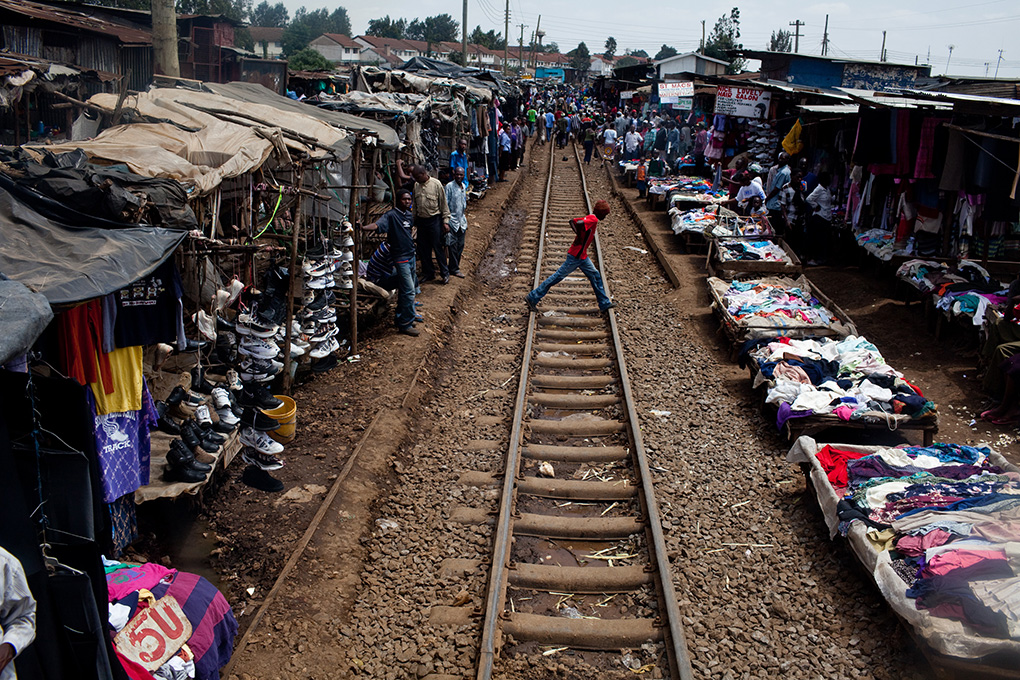
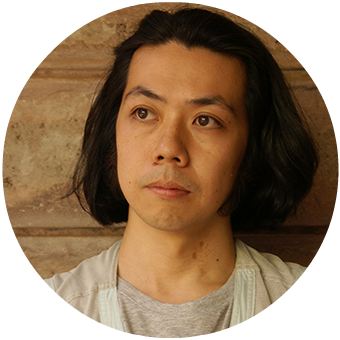
Yoshinari Nishio — Born 1982 in Nara. Artist based in Tokyo and Nairobi. Obtained his Ph.D. in Fine Arts from Tokyo University of the Arts. Has been engaging in collaborative projects with citizens in and outside Japan with a focus on the relationship between dressing behavior and communication. Opened the Nishio Workshop Nairobi Office in 2009, and initiated various alternative art projects in Africa. Launched the fashion brand FORM ON WORDS in 2011, based on ideas about clothing that he has been exploring as an artist.
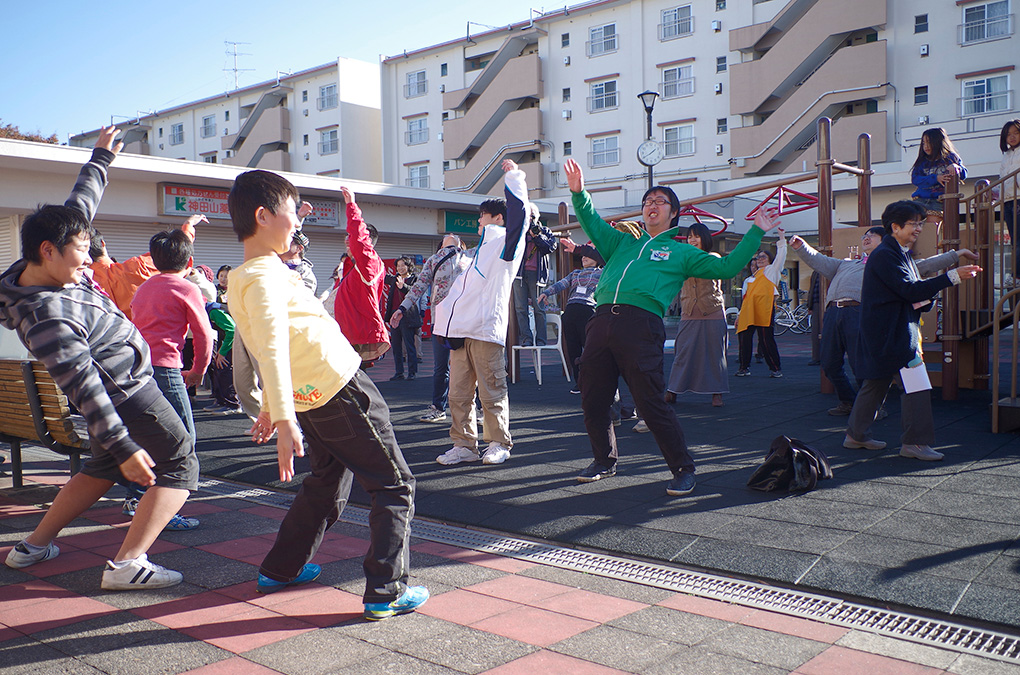
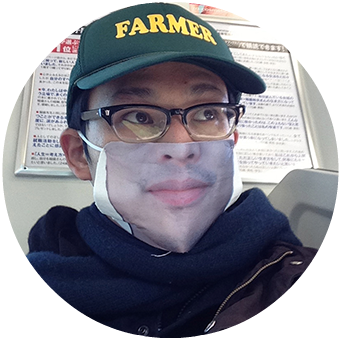
The "Tokui no ginko Yamaguchi" collects and saves "specialties" of local residents as intangible assets. Those who entrusted their "specialties" to the bank can withdraw (=use) any other clients' "specialties" kept by the bank. Such kind of bank dealing with "specialties" instead of money was launched in order to draw up a various projects based on individual "specialties".
Takafumi Fukasawa — Artist, born 1984 in Yamanashi. Mainly engages in projects reconfiguring modes of regular life and common sense in the field, including "Shogaibutsu Marathon 2012" (Hamamatsu 2012), a marathon course with all sorts of activities and places in the city centre functioning as obstacles (shogaibutsu); "Hijo bijutsu soko" (Echigo-Tsumari 2012) translating critical emergency situations into artistic endeavors; "Tokui ginko" (Toride 2011), operating a bank for trading things that people are good at instead of currency; and various others. Plays nose flute as a hobby.
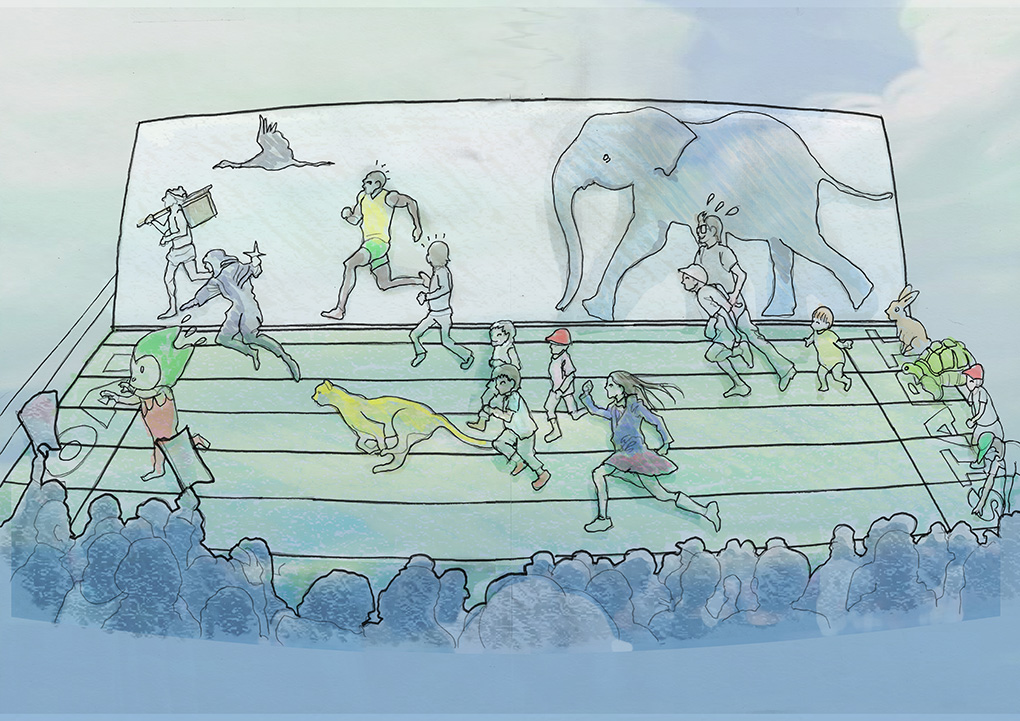
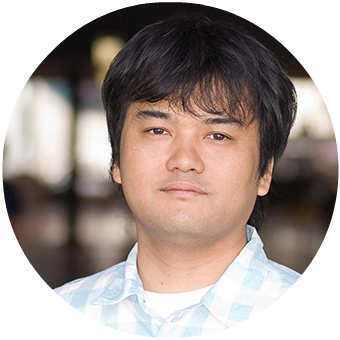
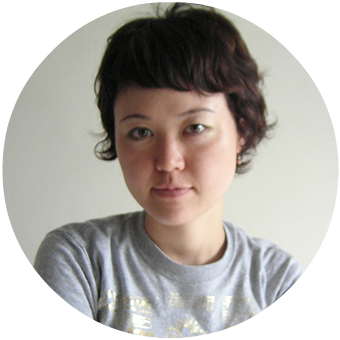
"Sports Time Machine" is a device for actually racing against images of past records projected onto a screen. Users can challenge not only their own records, but also those of family members, friends or animals. Records are stored and updated with each race. This time machine is a device designed to set up continuous body communication traversing past, present and future by way of sports, as a project that is to be carried out carefully by everyone over a long period of time.
Hiroshi Inukai — Born 1970 in Aichi. Game director, e-sports producer. Studied under film director Masashi Yamamoto, and later became a game director. Focuses on the creation of competing games exclusively based on his perception of video games as communication tools connecting individual human beings. Has been hosting the Japanese qualifications for "computer game Olympics" sort of games such as WCG or CPL, and participated in the world championships. Is recently focusing on "e-sports" emerging from the marriage of IT (games) and sports as a type of sports for the information society, and produces physical works for small video screens only, including "Songs of Anagura – Missing Researchers & Their Remaining Devices" (National Museum of Emerging Science and Innovation 2011) themed around spatial information science.
Ryoko Ando — Born 1976 in Tokyo, grew up in Yamagata. Interior designer. Is mainly designing clothing and food shop interiors, but also produces/directs exhibition spaces, shop displays, brand CIs/VIs and packages among others. Specializes in playful handmade design, and has been involved in the production of installations, DIY workshops, and the creation and sales of braided flowers (hanaami) with her Wakayama-based grandmother, and other activities aimed to make practical use of designs and ideas in daily life.
"PUBROBE" is a project creating a public wardrobe with personal belongings collected for use by anyone, inspired by marketplaces in Nairobi. In addition to clothing and accessory rental, the project embraces cleaning, repair and display design workshops aimed to establish vibrant communication using "clothing" as media.